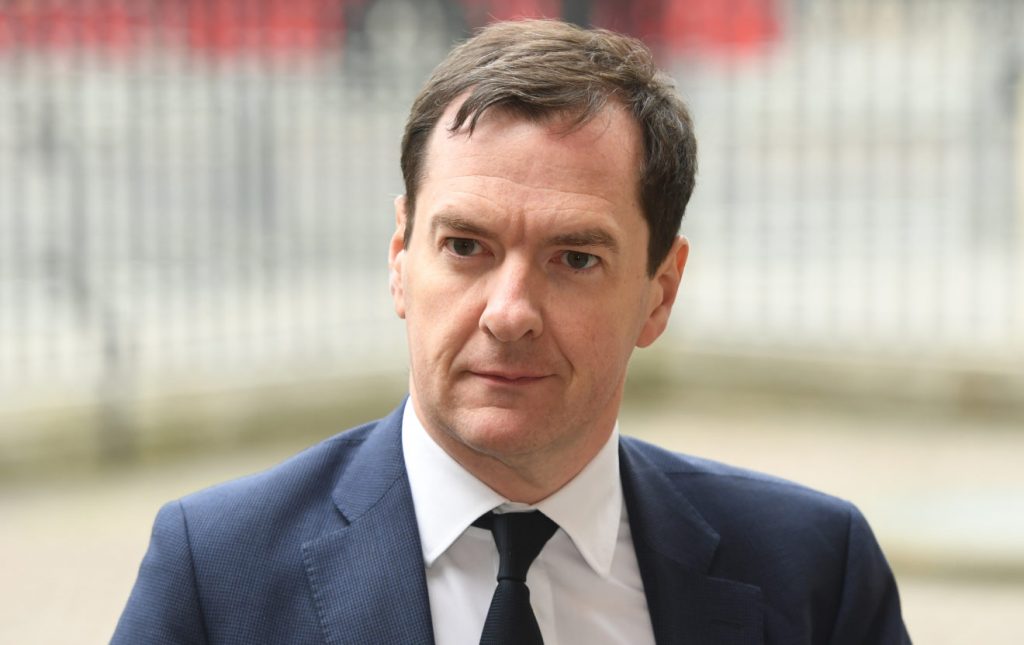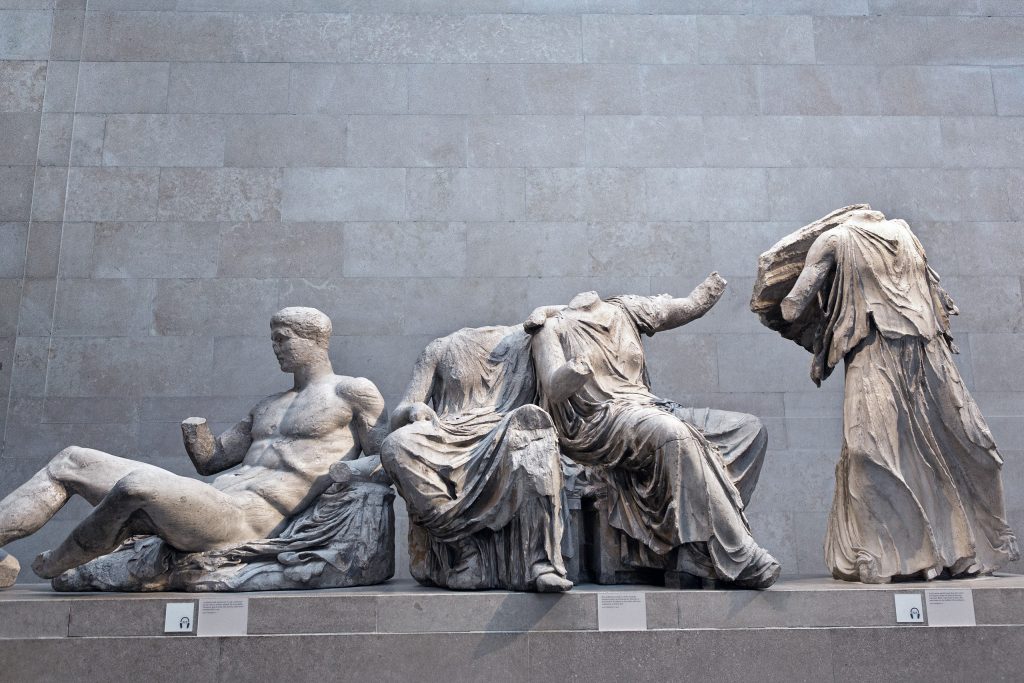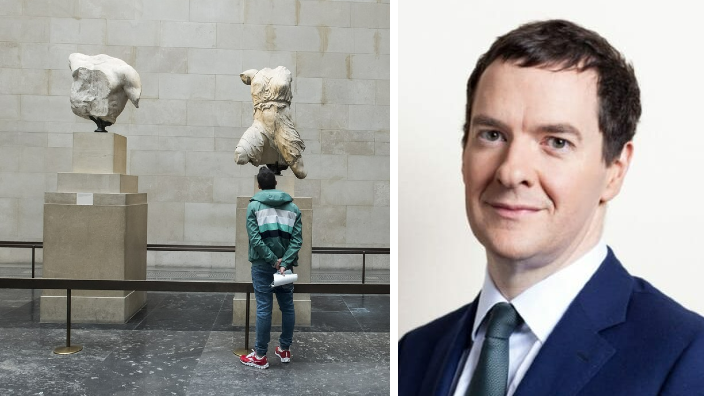The new Director of the British Museum, George Osborne, has spoken of the possibility of returning the Parthenon Marbles to Greece for a limited time in an interview published by The Times on Friday.
In the article titled, ‘It’s right to be proud of the British Museum,’ Mr Osborne discussed at length the current issues of “awakening” and the removal of monuments related to the slave trade in Britain.
“Certainly there are those who question our right to exist,” Mr Osborne wrote, adding “they did it in 1753 and they do it again in 2021.”
READ MORE: ABC speaks with Greek Australians fighting for the return of the Parthenon marbles to Athens.

“Of course, there are those who demand the return of items that they think we have no right to keep. This is not new either. Lord Byron thought that the Elgin marbles should be returned to the Parthenon. Our answer is no.”
Instead, the former British finance minister suggested the museum could consider lending the Parthenon Sculptures to Greece with the corresponding guarantees for their safe preservation and their return.
READ MORE: Greek PM reiterates call for return of Parthenon Marbles as British public opinion shows support.

“We are open to lending our items wherever they can take care of them and ensure their safe return – something we do every year, including in Greece,” he wrote.
This article comes just after the visit of Greek Prime Minister, Kyriakos Mitsotakis, in London last month where he spoke with his UK counterpart, Boris Johnson, about the repatriation of the Marbles. Mr Johnson said the issue was a matter for the British Museum.
READ MORE: UK PM rebuffs Greek PM’s demand for talks on Parthenon marbles.
Source: The Times.

